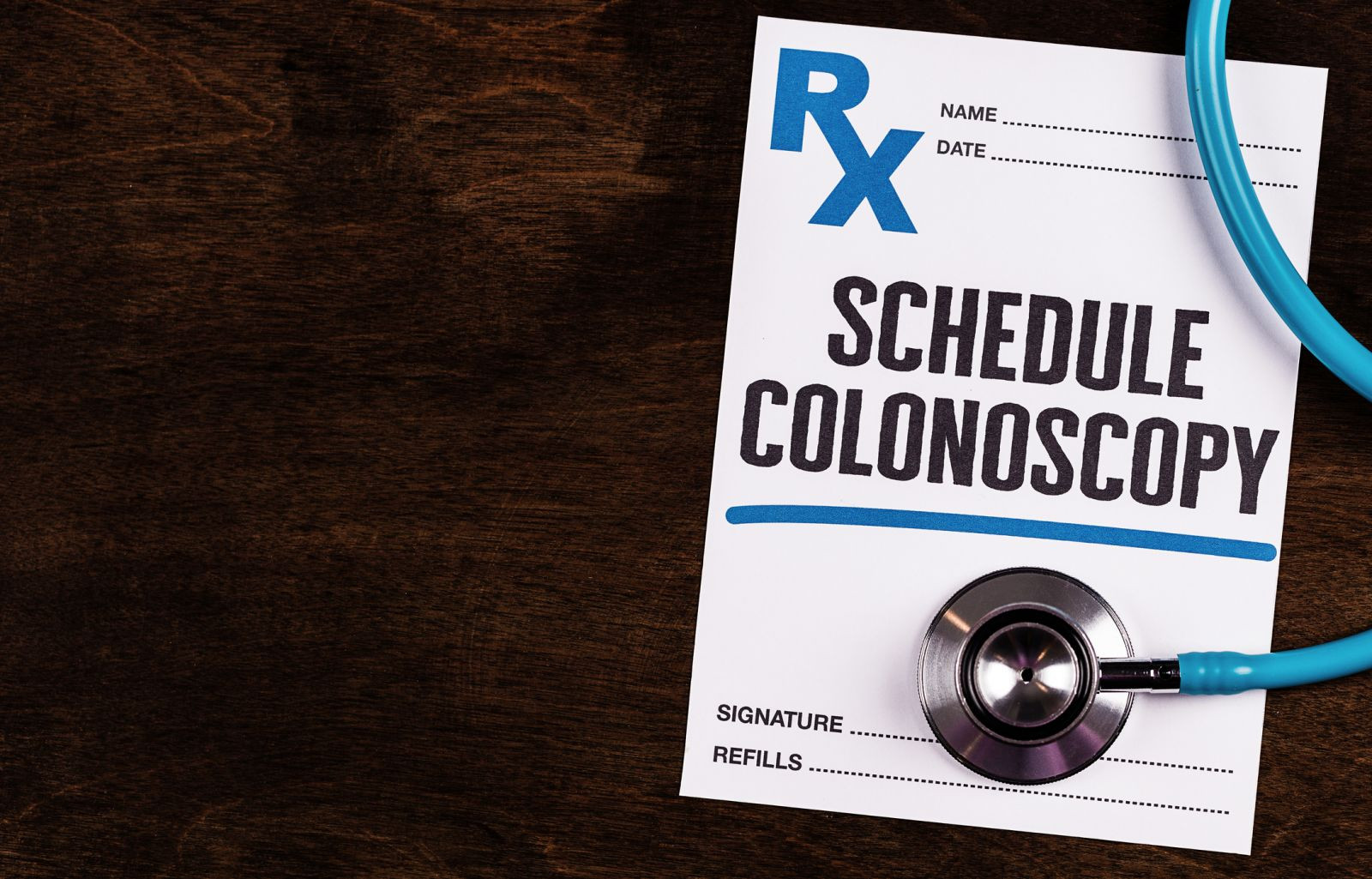
Daily cup of coffee may prevent afib recurrence

Gene-editing therapy lowers harmful blood fats in early study

What is EMDR therapy, and who can it help?

GLP-1 drugs versus bariatric surgery for treating obesity

Trying to lose weight? Be careful not to lose muscle

Two dumbbells, three exercises, and 10 minutes

Easing the emotional burden of IBS

Modify your push-ups to meet your fitness level

What is long QT syndrome?

Stroke survivors may benefit from very low LDL levels
Digestive Health Archive
Articles
Easy ways to stay regular
Increasing fluids may help improve regularity. In general, healthy older adults should consume about 3 to 6 cups of fluid per day. |
Improve digestive health by addressing underlying causes of irregularity, as well as fluids, diet, and exercise.
Heartburn and your heart
| Image: Bigstock |
Proton-pump inhibitors offer welcome relief for people with chronic heartburn. Here's what you need to know to use them wisely.
Heartburn didn't get its name by accident. Although the problem stems from excess stomach acid rather than heart-related issues, it provokes searing pain focused directly behind the breastbone. Of the over eight million emergency room visits for chest pain each year, severe heartburn, also known as gastroesophageal reflux disease (GERD), accounts for over half the cases in which actual heart problems are ruled out.
Gain more weight, get more GERD
Maintaining a healthy weight is the best way to rein in gastroesophageal reflux disease (GERD), or chronic heartburn, according to a study in The American Journal of Gastroenterology. Researchers found that GERD symptoms increased for every incremental rise in body mass index (BMI), which measures the ratio of weight to height.
In GERD, the acidic contents of the stomach back up into the lower esophagus, causing burning pain. The most effective treatment for GERD is taking an acid-reducing proton-pump inhibitor medication, such as omeprazole (Prilosec). People who are overweight are much more likely to develop GERD.
How you can make colonoscopy prep easier
Colonoscopy saves lives, and adequate prep is essential for a successful colonoscopy. New laxative preps are making the process easier to tolerate.
Ask the doctor: Health benefits of probiotics
Q. Would you suggest I try taking a probiotic supplement for general colon health? I have a sensitive stomach and sometimes suffer from constipation.
A. Probiotics, the beneficial bacteria that live in our intestines and assist in digestion, have gained a lot of support lately. Each week, a new study appears describing health benefits or diseases associated with changes in the so-called microbiome—the diverse community of microorganisms each of us carries inside our body. Still, the benefits of adding probiotics to the intestinal tract are uncertain.
Probiotics have proved helpful in situations where the body's normal, healthy bacteria have been destroyed, such as after taking a powerful antibiotic. Small studies in people with irritable bowel syndrome have suggested that taking probiotics improves pain and diarrhea. The benefit in constipation is less certain, but it's reasonable for you to try taking a probiotic if you are interested.
Acupressure relieves constipation in small clinical trial
For anyone who has been constipated, the promise of relief through medication is clouded by the possibility of developing a "laxative habit." However, a study published online Nov. 18, 2014, by the Journal of General Internal Medicine offers a drug-free approach to the problem: applying pressure to the perineum (the area between the genitals and the anus).
Researchers from the University of California, Los Angeles, studied 100 women and men with chronic constipation. Half were randomly assigned to receive handouts describing conventional approaches to relieving constipation, such as increasing fluid and fiber intake, getting regular exercise, and using laxatives and other medications. The other half got the same handouts, and were also instructed to use their index and middle fingers to press on the perineum at the first urge to defecate and continue until the stool passed easily.

Daily cup of coffee may prevent afib recurrence

Gene-editing therapy lowers harmful blood fats in early study

What is EMDR therapy, and who can it help?

GLP-1 drugs versus bariatric surgery for treating obesity

Trying to lose weight? Be careful not to lose muscle

Two dumbbells, three exercises, and 10 minutes

Easing the emotional burden of IBS

Modify your push-ups to meet your fitness level

What is long QT syndrome?

Stroke survivors may benefit from very low LDL levels
Free Healthbeat Signup
Get the latest in health news delivered to your inbox!
Sign Up






